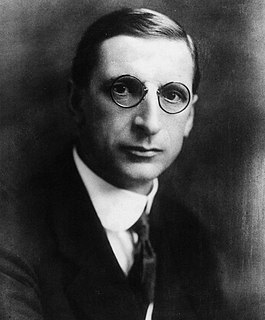A Quote by David Autor
The U.S. tends to export high-tech goods because we have strong comparative advantage there, and we tend to import labor-intensive and less skill-intensive goods that other countries can do more cheaply.
Related Quotes
What we're talking about is the price of goods, all goods, in terms of money. That has nothing to do with unemployment, except for the fact that you get fewer goods. And when you have more money and fewer goods, the amount of dollars per good goes up. It goes up because there are fewer goods and it goes up because there is more money.
Capitalism improves the quality of life for the working class not just because it leads to improved wages but also because it produces new, better, and cheaper goods.... Indeed, with capitalism, the emphasis shifted to producing goods as cheaply as possible for the masses--the working class--whereas artisans had previously produced their goods and wares mostly for the aristocracy. Under capitalism every business wants to cater to the masses, for that is where the money is.
When profits are pursued by geographic interchange of goods, so that commerce for profit becomes the central mechanism of the system, we usually call it "commercial capitalism." In such a system goods are conveyed from ares where they are more common (and therefore cheaper) to areas where they are less common (and therefore less cheap). This process leads to regional specialization and to division of labor, both in agricultural production and in handicrafts.
Paintings don't just happen. I am not a proponent of the idea of an artist as someone who kind of magically makes things and has no real control or isn't willfully producing a certain kind of thing. It is labor-intensive, and it is research-intensive. You are making one decision after another, trying to get at something you think is important.
In working on any one problem, such as higher minimum wages, so many other issues come into play, such as some businesses possibly closing down, thus creating fewer jobs and more unemployment and incentivizing companies to import more goods from abroad, which leads to even less employment at home, and so on.





































